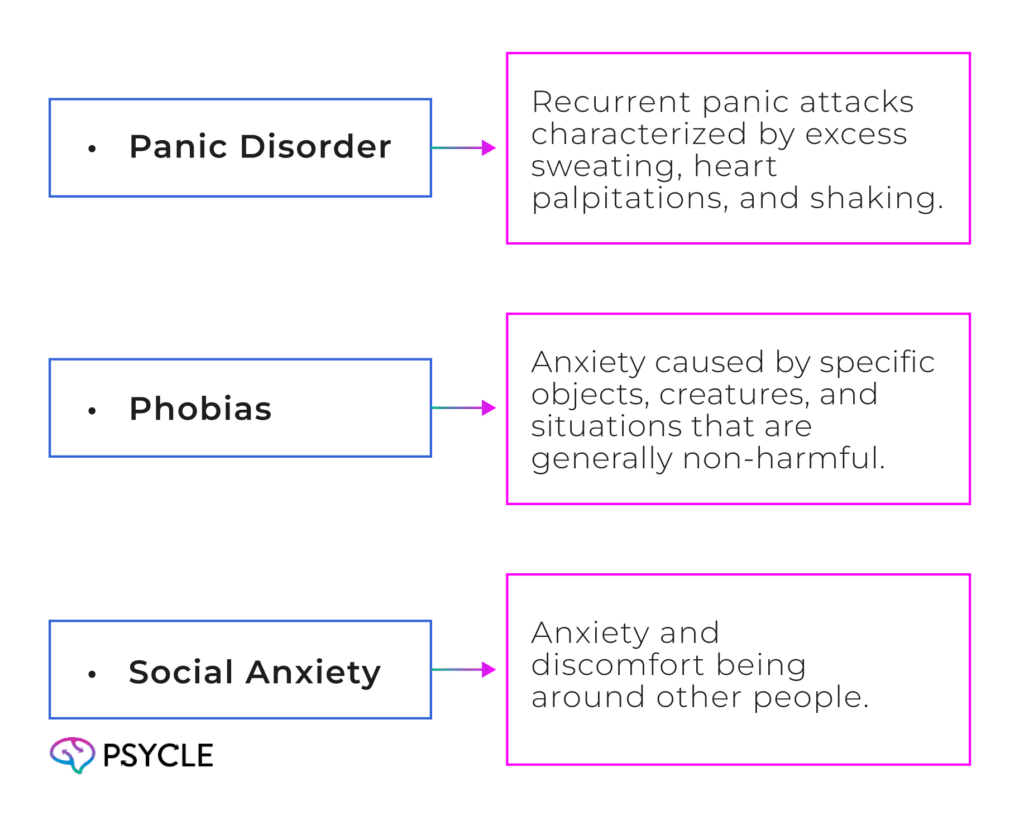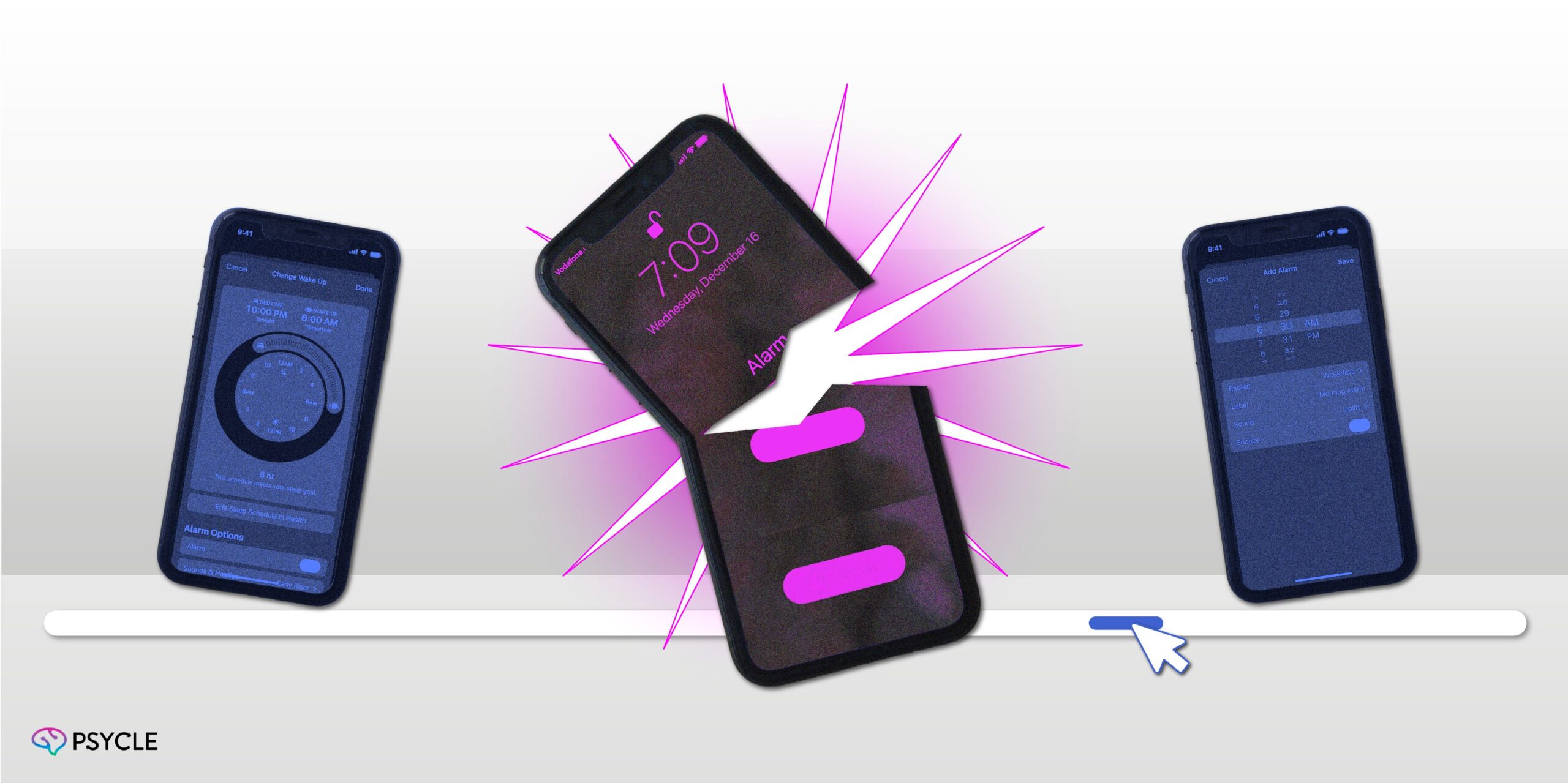Morning anxiety can disrupt your day and prevent you from starting with peace and calm. The overwhelming feeling of anxiety can make it challenging to face the demands of the day ahead. However, with effective strategies, you can break the cycle and embrace a morning filled with positivity and tranquility.
Key Takeaways
- Morning anxiety is linked to physiological stress responses and psychological stress, affecting one’s ability to start the day positively. Addressing these factors can enhance morning tranquility.
- Misunderstandings about anxiety treatment can obstruct effective management. A combination of cognitive therapy, lifestyle adjustments, and sometimes medication, offers a comprehensive approach to managing anxiety.
- Implementing calming routines, breathing exercises, and reframing negative thoughts are key strategies for reducing morning anxiety, emphasizing self-empowerment in mental health management.
Understanding Morning Anxiety and its Causes
One of the primary factors contributing to morning anxiety is the increase in cortisol levels, also known as the “stress hormone,” during the first hour after waking up. Cortisol plays a crucial role in the body’s stress response, and its effects include increased alertness, heart rate, and metabolism.
In the morning, cortisol levels increase between 38%-75%, known as the cortisol awakening response (CAR). The CAR is responsible for promoting readiness for the day and preparing us for the challenges ahead. However, for some people, this large spike in cortisol can promote feelings of anxiety and panic.
Poor sleep is associated with increased cortisol production during the day, and so can also be a risk factor for morning anxiety.
Psychological stress is also a huge factor in morning anxiety. This may include worrying about the day’s tasks, responsibilities, and potential challenges. Unresolved issues, such as ongoing interpersonal conflicts or responsibilities that you’ve been avoiding, can also cause morning anxiety.
Prevalence of Anxiety and Generalized Anxiety Disorder
Morning anxiety can affect all types of people, but it tends to be most common in those with an anxiety disorder. Anxiety disorders are estimated to affect 4% of the global population and tend to be more associated with Western cultures. Thirty-one percent of US adults are estimated to experience an anxiety disorder at some point in their lifetime.
The most common type of anxiety disorder is generalized anxiety disorder (GAD). GAD involves having ongoing worries and tension that are often accompanied by physical symptoms, such as:
- Difficulty sleeping
- Muscle tension
- Difficulty concentrating
- Restlessness
- Easily fatigued
Other anxiety disorders include:

Common Misconceptions About Anxiety
Myth: Worrying is genetic and incurable
Contrary to popular belief, excessive worrying is not solely determined by genetics. While some individuals may have a genetic predisposition to anxiety, worrying is a learned behavior that can be unlearned or managed with effective strategies.
Myth: Anxiety medication is addictive
Another prevalent misconception is that anxiety medication is highly addictive. While it is true that certain medications can be habit-forming, namely benzodiazepines, their short-term, occasional, and controlled use is generally considered to be safe.
Antidepressants – the most common type of anti-anxiety medication – are also considered to have no “clinically significant liability to cause addiction.” That being said, long-term use can result in unpleasant withdrawal symptoms once someone stops using them.
Myth: Medication is the most effective way to treat anxiety
Though medication can be helpful for anxiety, it isn’t always necessary. One review study found that cognitive behavioral therapy (CBT) – therapy that aims to help people understand their thoughts and behavior – was more effective than medication for certain types of anxiety disorders.
Myth: If you have anxiety disorder, it’s good to avoid situations that make you feel stressed
Life stress can indeed trigger anxiety. However, by avoiding stressful situations, you won’t be able to learn the tools for overcoming and building resilience to stress.
Tips for Reducing Morning Anxiety
Healthy Sleep Habits
As highlighted, good quality sleep is important for helping balance hormone levels in the morning and preventing a giant surge in cortisol. Some tips for helping get a good nights rest include:
- Treat your bedroom as a sleep sanctuary: use your room only to rest. If you work, eat, and use electronics in your bedroom, your brain may start to associate your room with activity, which can make it harder to fall asleep
- Exercising during the day (more below)
- Avoiding or reducing caffeine, especially six to eight hours before you intend to sleep
- Set a consistent bedtime
- Create sleep rituals: Do the same thing every night to help let your body know it’s time for sleep. This should be something relaxing, such as having a bath or reading
Set a Calming Morning Routine
Starting your day with a calming routine can significantly help alleviate morning anxiety. Incorporating mindfulness meditation or gentle exercise like yoga into your morning routine can promote relaxation and reduce anxiety. Setting aside time for self-care and focusing on your well-being can create a positive and peaceful start to your day.
Practice Breathing Techniques
Certain breathing techniques have been scientifically proven to reduce cortisol and activate the body’s parasympathetic nervous system, which helps induce relaxation. Focusing on your breath will also help you relax by drawing attention away from whatever is causing you anxiety.
Some relaxing breathing techniques include:
- Deep belly breathing
- Counting the breath in and out for an equal amount of time (e.g., three-second inhale followed by three-second exhale)
- Prolonging your exhale compared with inhale
- Breathing alternatively from one nostril to the other (video explaining this technique here: https://www.youtube.com/watch?v=HkRqEtbHcSA)
Challenge Negative Thoughts
Morning anxiety often brings with it a flood of negative thoughts and worries. These thoughts can overshadow your day and perpetuate the cycle of anxiety. However, there is a powerful technique that can help you break free from this pattern: reframing.
Reframing involves shifting your perspective and transforming negative thoughts into positive affirmations. By consciously replacing anxious thoughts with empowering statements, you can begin to change your mindset and reclaim control over your thoughts and emotions.
Here are a few steps to help you reframe those negative thoughts:
- Identify the negative thought: Recognize and acknowledge the negative thought that is triggering your anxiety.
- Challenge the thought: Question the accuracy and validity of the negative thought. Is there evidence to support it? Is it a fair representation of reality?
- Replace with a positive affirmation: Once you’ve challenged the negative thought, replace it with a positive and empowering statement. For example, if your negative thought is “I can’t handle this,” reframe it as “I am strong and capable of overcoming any challenge.”
- Repeat and reinforce: Regularly repeat your positive affirmations to reinforce your new mindset. The more you practice reframing, the more automatic and natural it will become.
Limit Stressors
This doesn’t mean avoiding all situations that cause stress but instead identifying the particular stressors contributing to your anxiety and setting boundaries to ensure your well-being can be prioritized. For instance, not taking on new work tasks if you feel the burden and load may be overwhelming.
Limiting stressors can also involve implementing strategies to be more effective with your time so responsibilities won’t build up to a point where you become overwhelmed.
Seek Professional Help
If morning anxiety persists and significantly impacts your daily life, it’s important to seek professional help. Therapy can provide the support and guidance you need to effectively manage morning anxiety and develop coping strategies. A trained therapist or counselor can help you identify the underlying causes of your anxiety and work with you to develop personalized techniques for managing it.
Therapy for morning anxiety may involve:
- Identifying triggers and stressors that contribute to your morning anxiety
- Exploring cognitive-behavioral techniques to reframe negative thoughts
- Learning relaxation exercises and coping mechanisms
- Developing a routine that promotes calm and reduces anxiety
- Working on building resilience and developing healthy coping mechanisms
Professional help can provide a safe and supportive environment for you to address your morning anxiety and gain a deeper understanding of its impact on your life. A therapist can also provide ongoing support as you navigate through the challenges and work towards overcoming morning anxiety.
The Connection Between Exercise and Stress Relief
Regular exercise is a powerful tool for managing stress and anxiety. Engaging in physical activity has been shown to have numerous benefits for our mental and emotional well-being, including decreasing cortisol levels. Exercise also increases endocannabinoids, which are signaling molecules thought to have an antianxiety and antidepressant effect.
What’s more, exercising during the day may help improve sleep quality, reducing the detrimental impact poor sleep can have on increasing anxiety in the morning.
Conclusion
By implementing effective strategies, you can break the cycle of morning anxiety and start your day with peace and calm. It’s important to tailor these strategies to your individual needs and lifestyle and seek professional help if needed.
FAQs
How Can I Break the Cycle of Morning Anxiety?
There are several effective strategies that can help you break the cycle of morning anxiety and embrace peace and calm. Consider incorporating mindfulness meditation or gentle exercise like yoga into your morning routine to promote relaxation and reduce anxiety. Healthy sleep habits are also massively important for helping improve sleep quality and
What Causes Morning Anxiety?
Morning anxiety is often caused by an increase in cortisol, also known as the “stress hormone,” during the first hour after waking up. This increase in cortisol levels is believed to be related to stress anticipation and the body’s preparation to cope with the demands of the day.
How Can I Set a Calming Morning Routine?
To set a calming morning routine, consider incorporating activities such as mindfulness meditation or gentle exercise like yoga. These activities can promote relaxation and reduce anxiety, allowing you to start your day with peace and calm.
Are Deep Breathing Techniques Effective in Reducing Morning Anxiety?
Yes, deep breathing exercises can be effective in combating anxiety and promoting relaxation. By focusing on your breath and taking slow, deep breaths, you can activate the body’s relaxation response and reduce symptoms of morning anxiety.
How Can I Challenge Negative Thoughts that Contribute to Morning Anxiety?
To break the cycle of morning anxiety, try reframing your negative thoughts into positive affirmations. Replace anxious thoughts with positive and empowering statements to shift your mindset and reduce anxiety.
When Should I Seek Professional Help for Morning Anxiety?
If morning anxiety persists and significantly impacts your daily life, it’s important to seek professional help. Therapy can provide support and guidance in managing morning anxiety and developing coping strategies.

